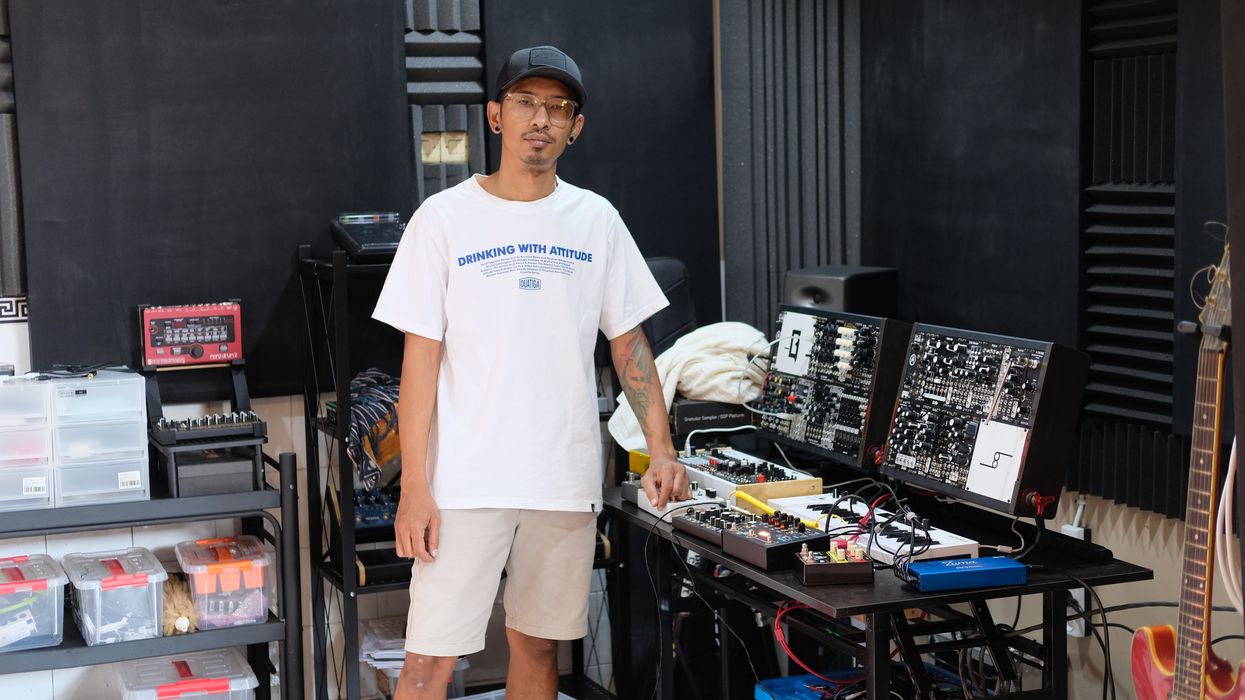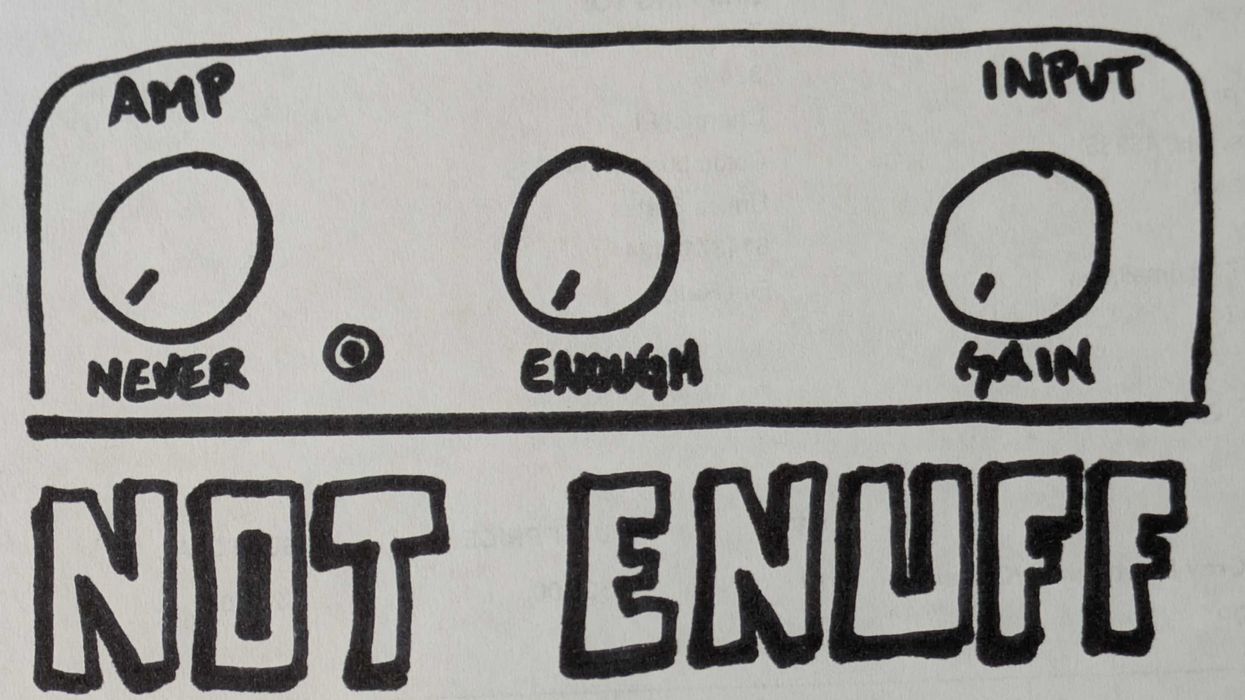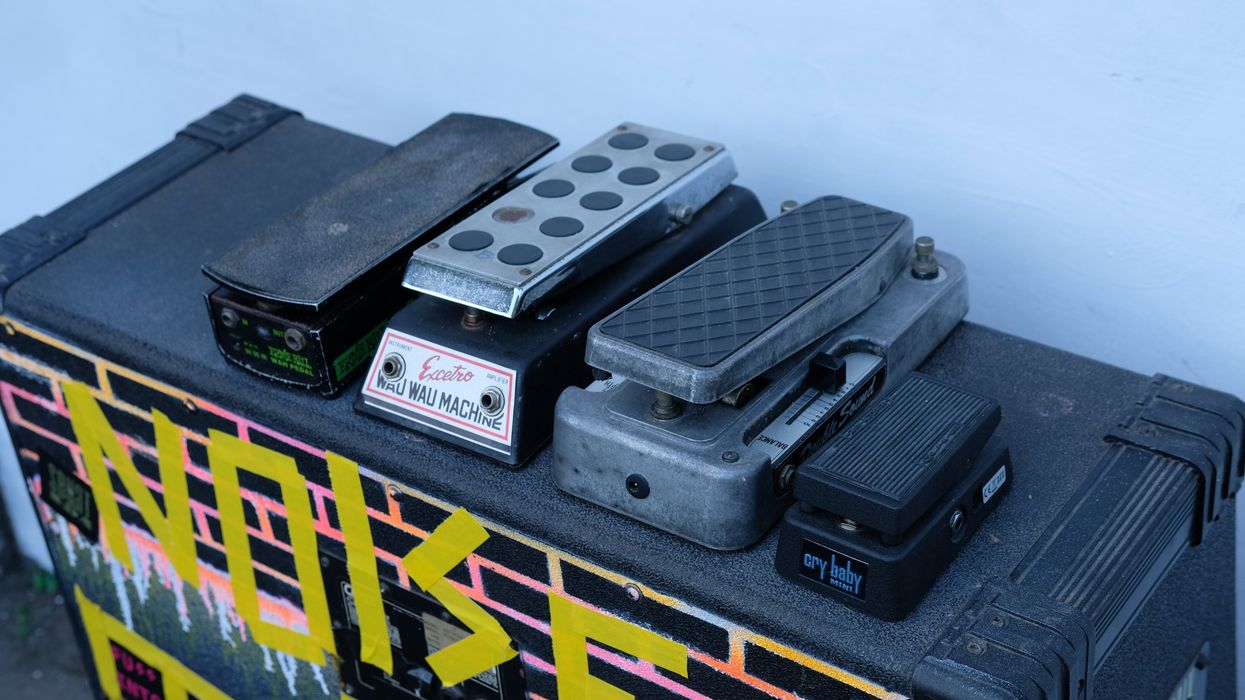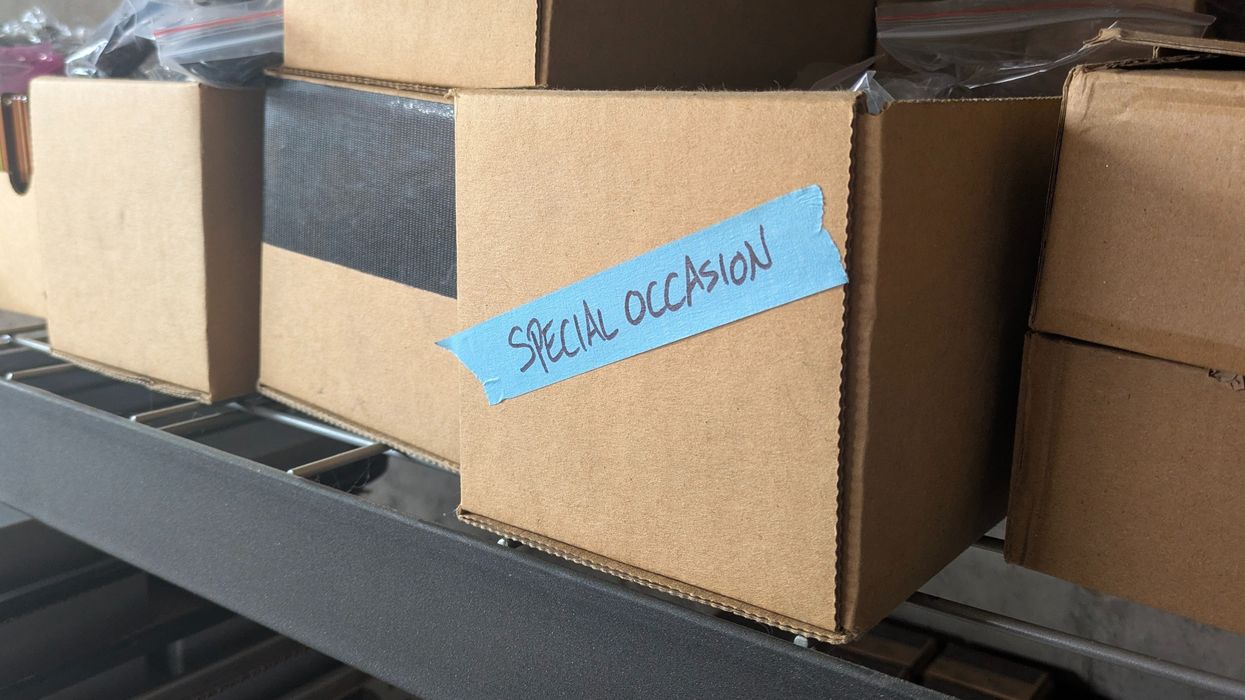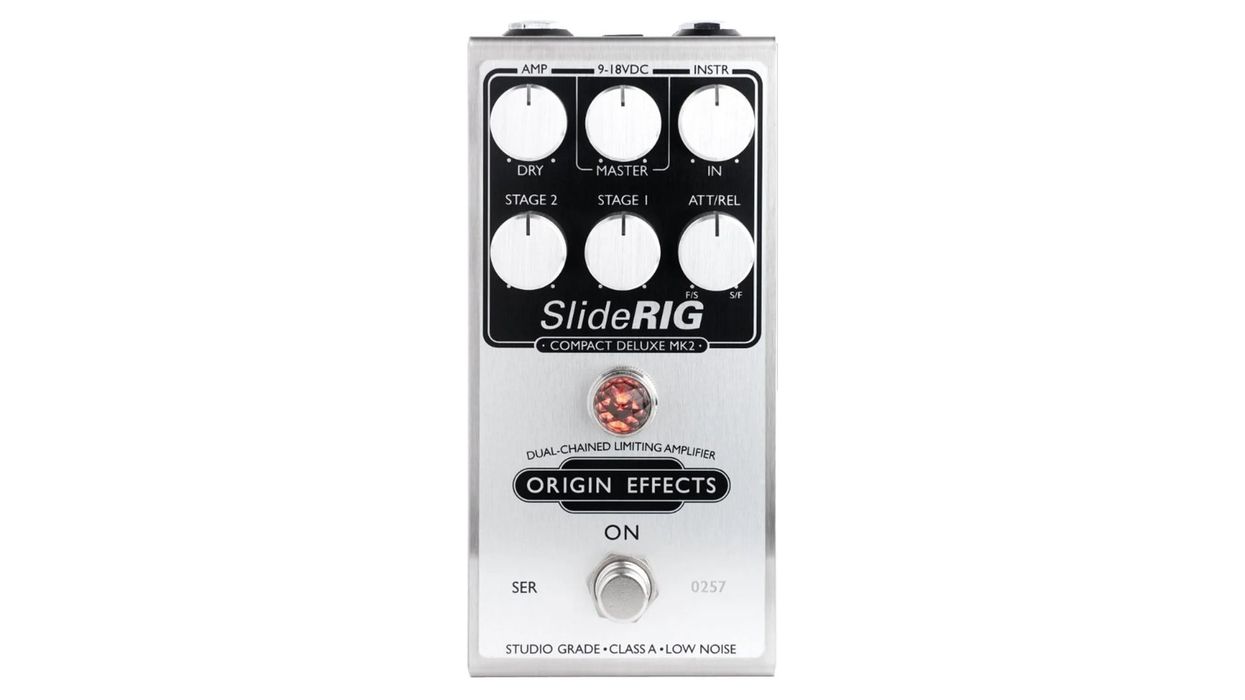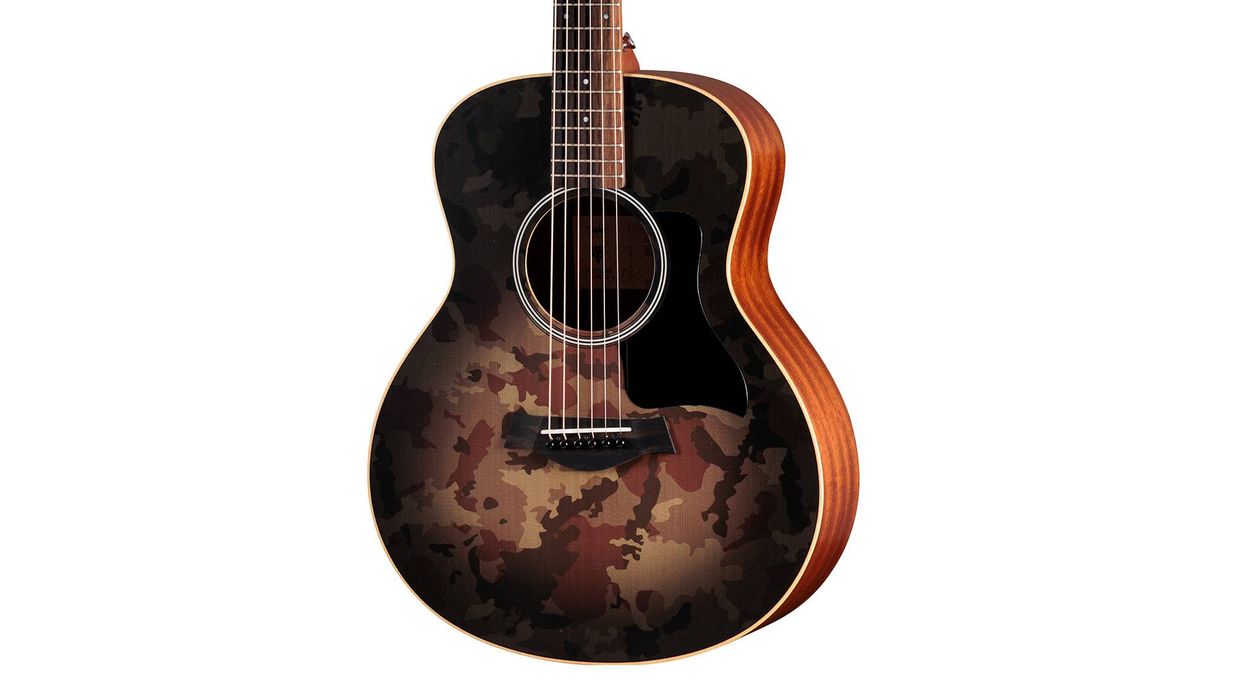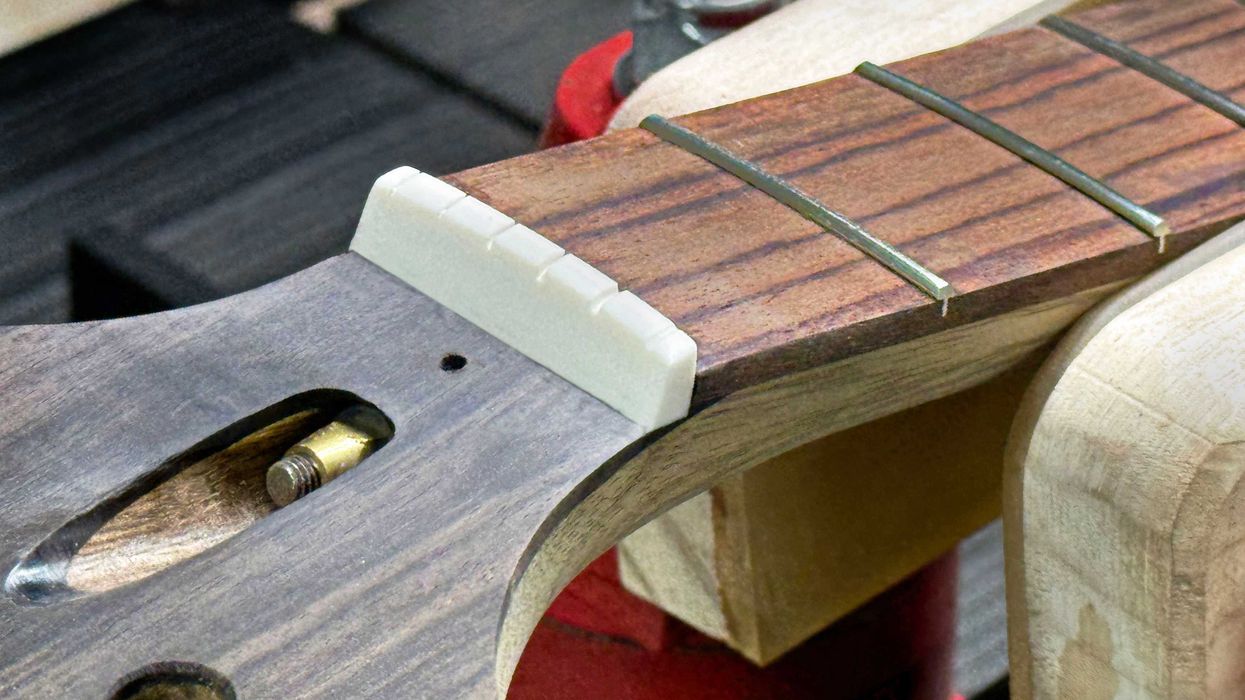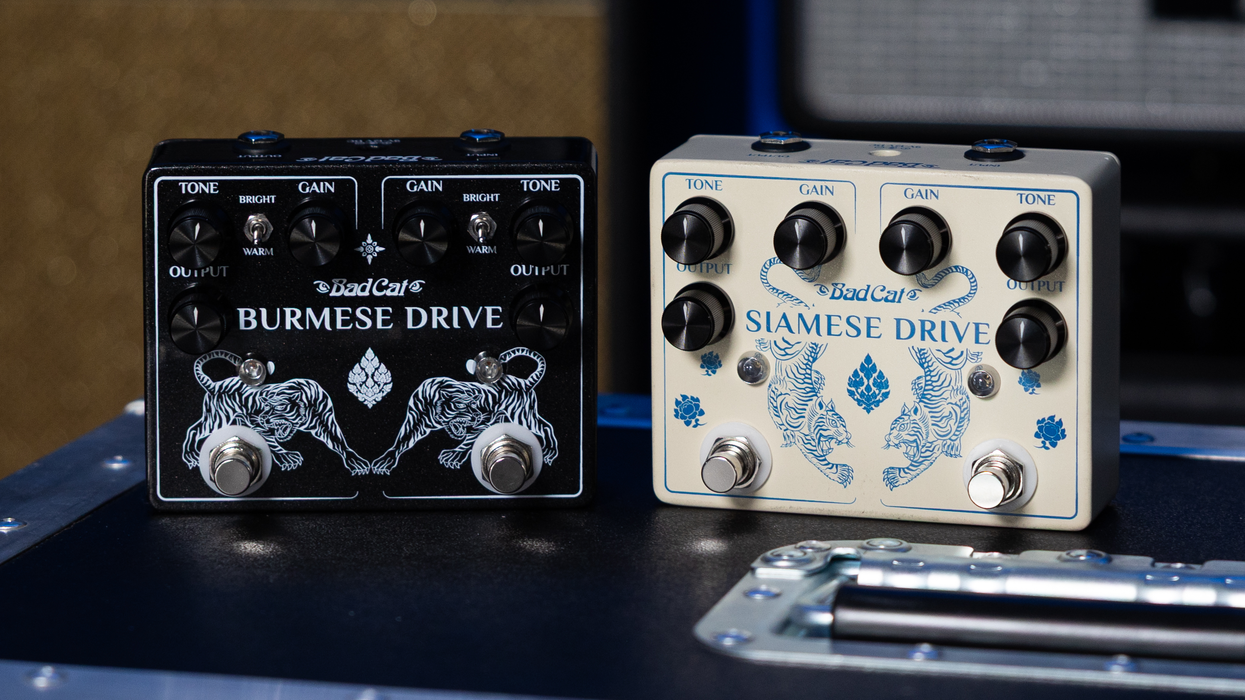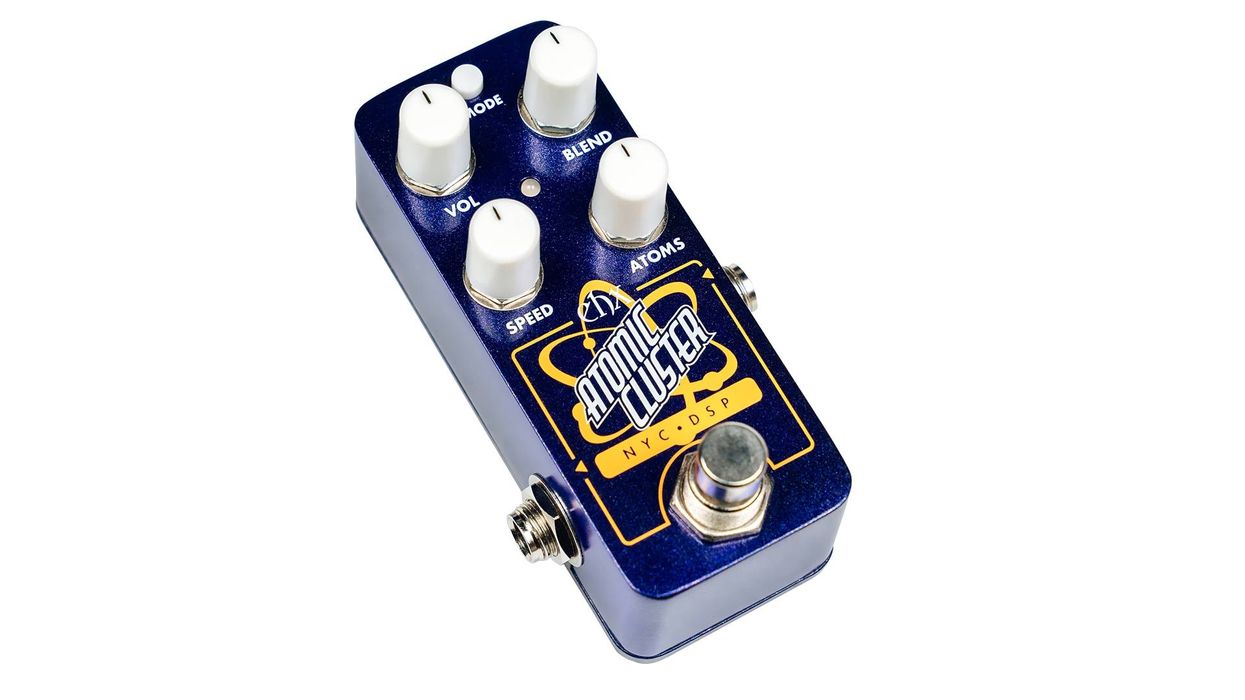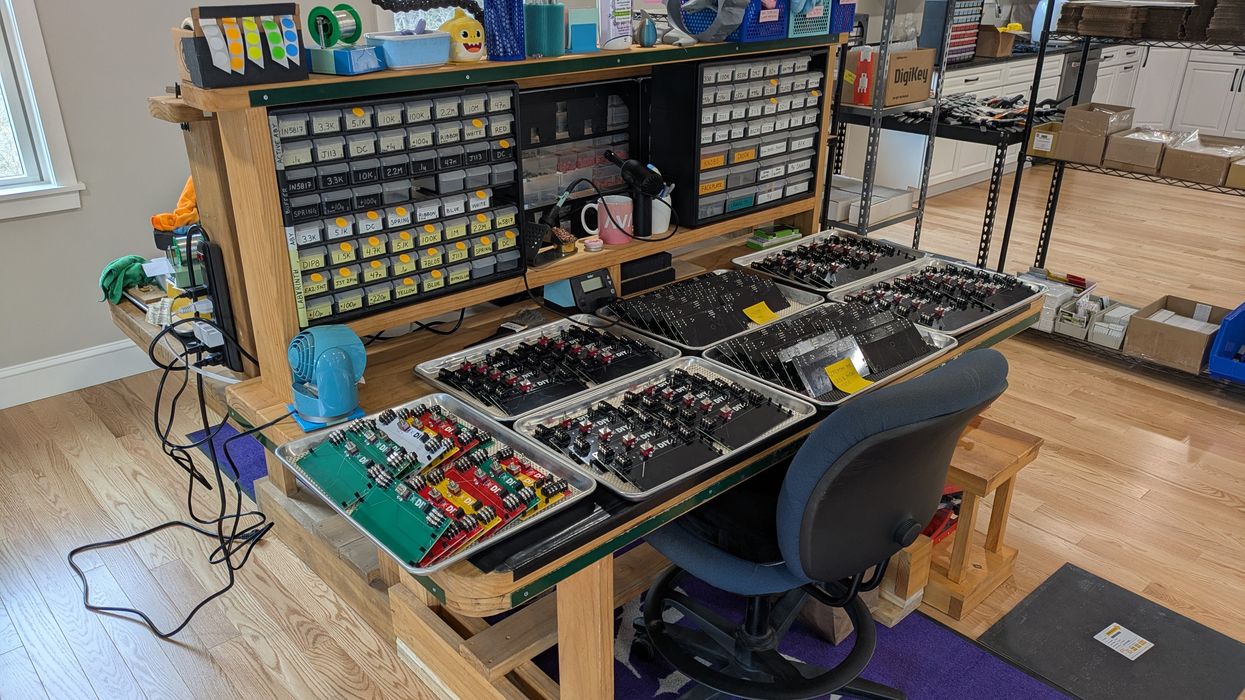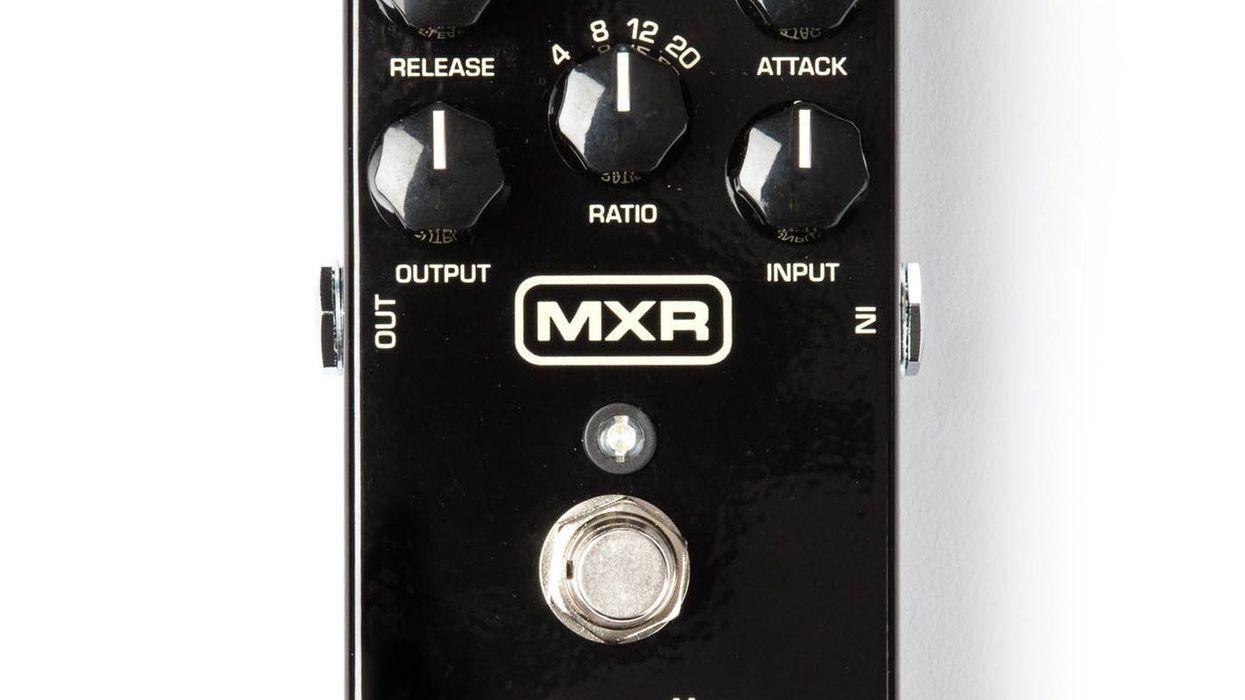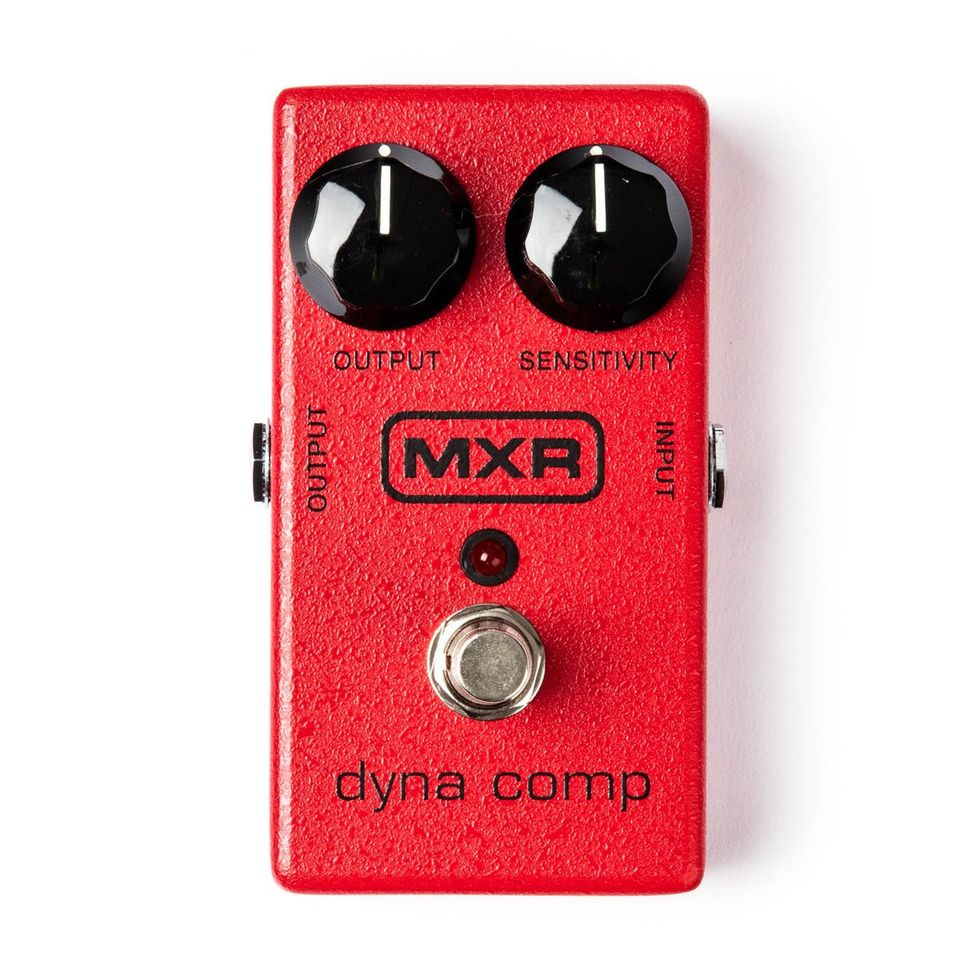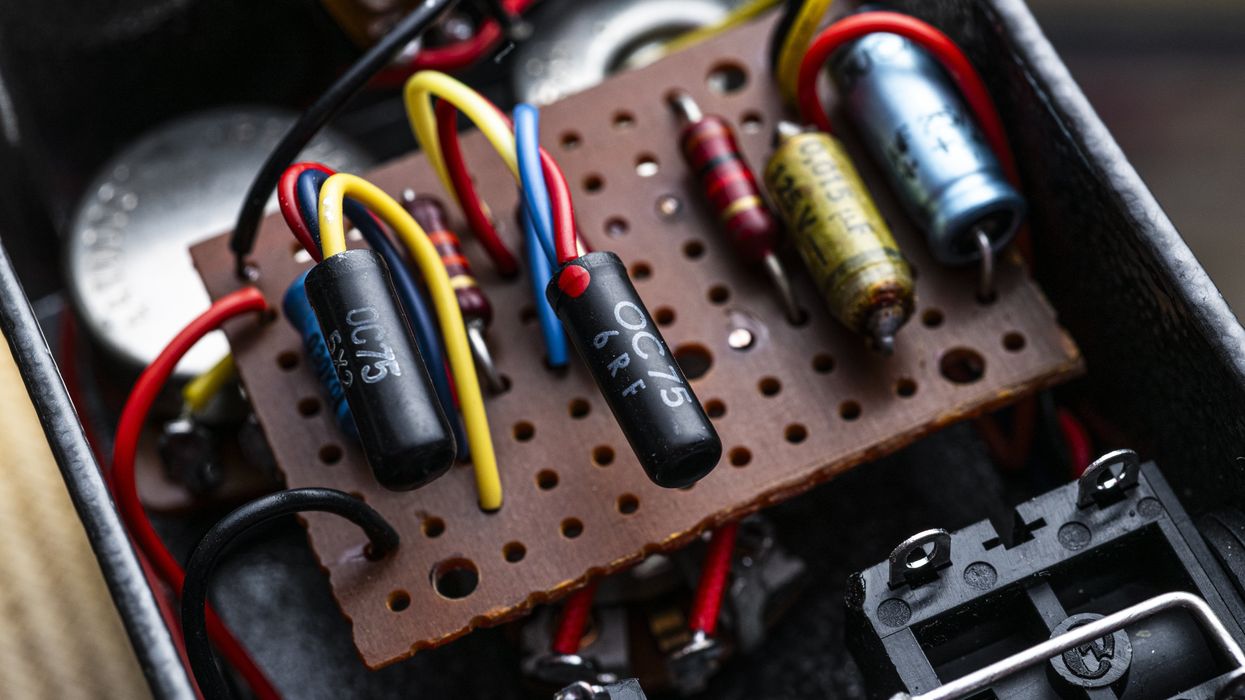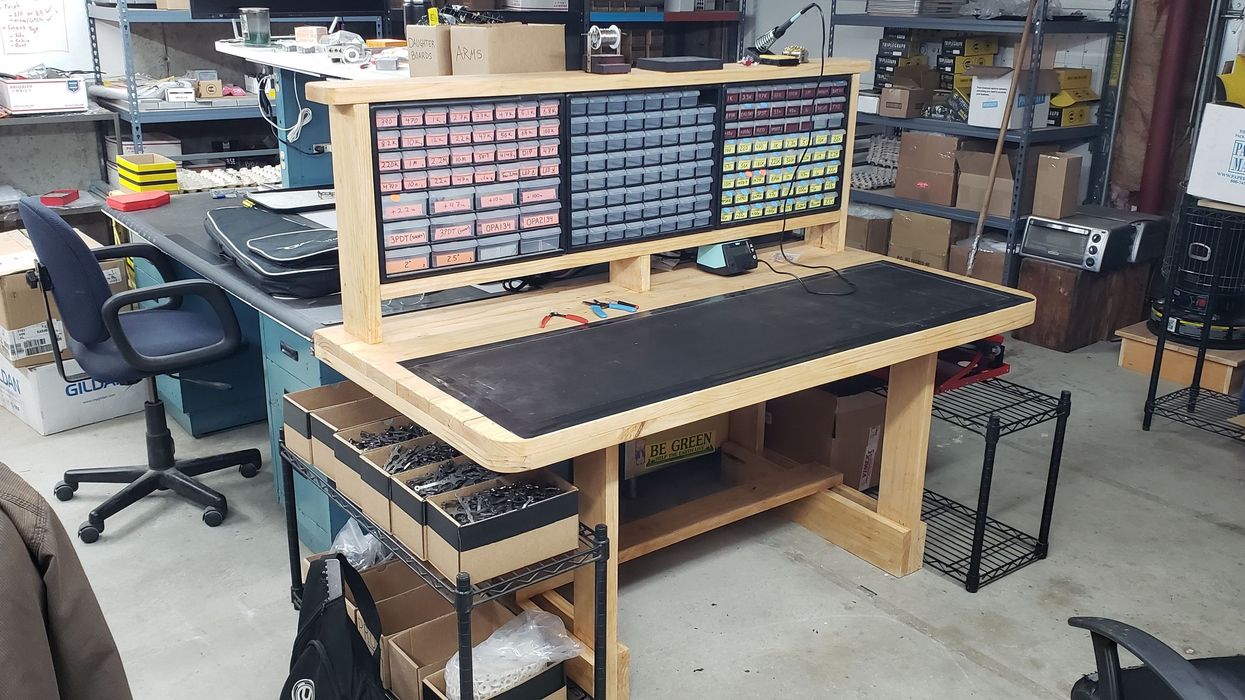This time, I’d like to share my perspective as a pedal builder on how our effects pedals—originally crafted with guitarists in mind—are experiencing an exciting evolution in use. Our customer base spans around the globe, and as it turns out, many of them aren’t guitarists. Instead, our pedals are finding their way into the hands of non-guitarist musicians like DJs, synth players, movie sound directors, and even drummers. Yes, a drummer once used one of my fuzz pedals in a drum miking setup—quite an extreme yet bold experiment! This made me wonder: How did such a phenomenon come about?
Most of the pedals I build are fuzz effects and other experimental types, all primarily tested within guitar setups. But then I visited a friend’s studio; he goes by “Balance” onstage. He’s a well-known musician and producer here in Indonesia, and a member of the hip-hop group JHF (Jogja Hip Hop Foundation). Now, here’s the kicker—Balance doesn’t play guitar! Yet, he’s one of my customers, having asked for a fuzz and modulation pedal for his modular synthesizer rig. Initially, I was skeptical when he mentioned his plans. Neither my team nor I are familiar with synthesizers, let alone Eurorack or modular formats. I know guitars and, at best, bass guitar. My colleague has dabbled with effects experimentation, but only within the guitar framework.
So, my visit to his studio was a chance to study and research how guitar effects pedals could be adapted to a fundamentally different instrument ecosystem. The following is an interview I did with Balance to get a deeper understanding of his perspective.
As a modular synthesizer user, aren’t all kinds of sounds already achievable with a synth? Why mix one with guitar effects?
Balance: Some unique sounds, like those from Hologram Effects’ Microcosm or the eccentric pedals from Sehat Effectors, are hard to replicate with just a synth. Also, for sound design, I find it more intuitive to tweak knobs in real-time than rely on a computer—direct knob control feels more human for me.
Are there challenges in integrating guitar pedals with a modular synthesizer setup? After all, their ecosystems are quite different.
Balance: There are indeed significant differences, like jack types, power supplies, and physical format. Modular synthesizers are designed to sit on a table or stand, while guitar pedals are meant for the floor and foot control. However, they share a common thread in the goal of manipulating signals, eventually amplified through a mixing board and amplifier. The workaround is using converters/adapters to bridge the connection.“If you’re a saxophonist who buys a guitar pedal, it’s yours to use however you like.”
Are you the only modular synth user combining them with guitar pedals?
Balance: Actually, I got the idea after seeing other musicians experiment this way. Effects like fuzz or distortion are iconic to guitar but absent in synthesizer sound options. I believe signal manipulation with fuzz or distortion is a universal idea that appeals to musicians creating music, regardless of their instrument.
This brief chat gave me new insight and sparked my curiosity about different frameworks in music-making. While I’m not yet tempted to dive into modular synths myself, I now have a clearer picture of how fuzz and distortion transcend guitar. Imagine a saxophonist at a live show using a pedalboard with a DigiTech Whammy and Boss Metal Zone—absurd, maybe, but why not? If you’re a saxophonist who buys a guitar pedal, it’s yours to use however you like. Because, in the end, all musicians create music based on their inner concerns—whether it’s about romance, friendship, political situations, war, or anger. Eventually, they will explore how best to express those concerns from many angles, and of course, “sound” and “tone” are fundamental aspects of the music itself. Good thing my partner and I named our company Sehat Effectors and not Sehat Guitar Works. Haha!
